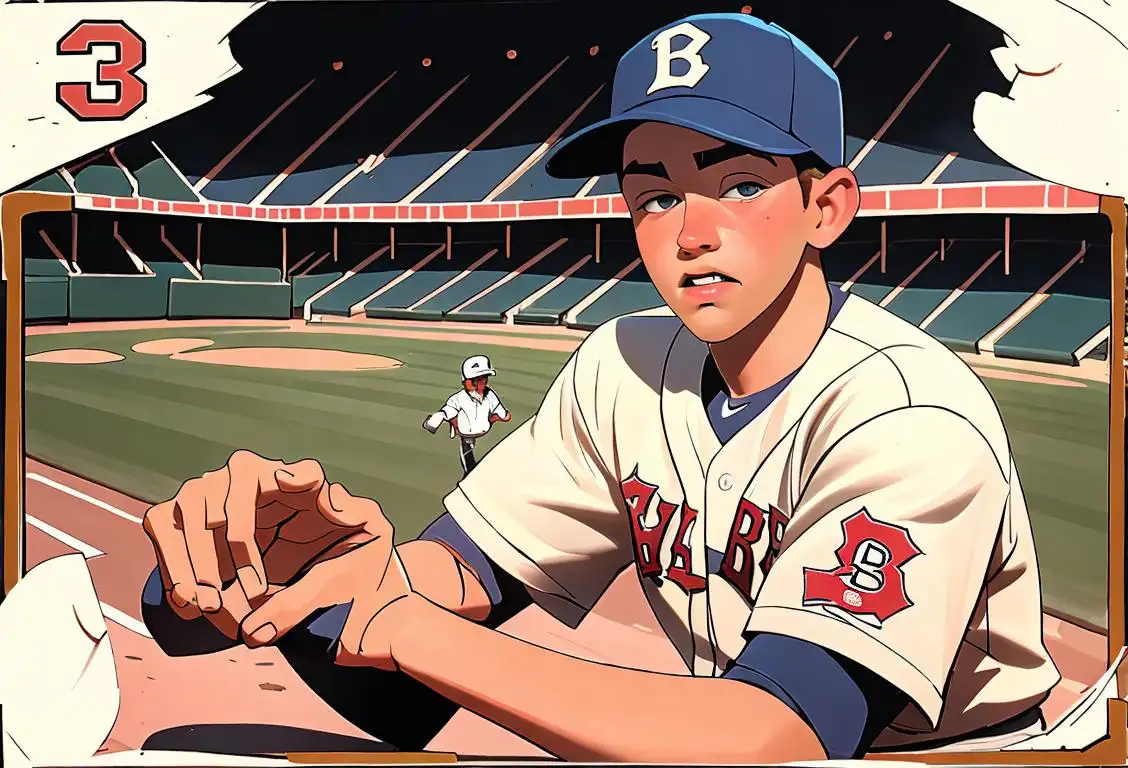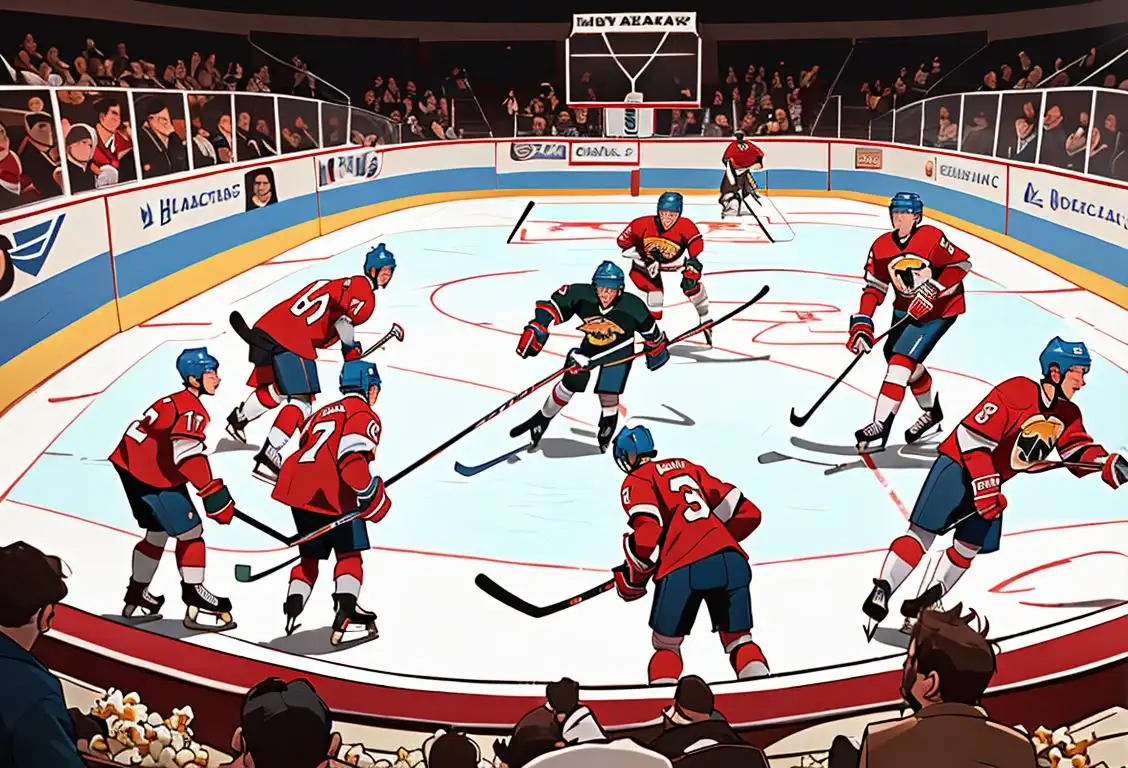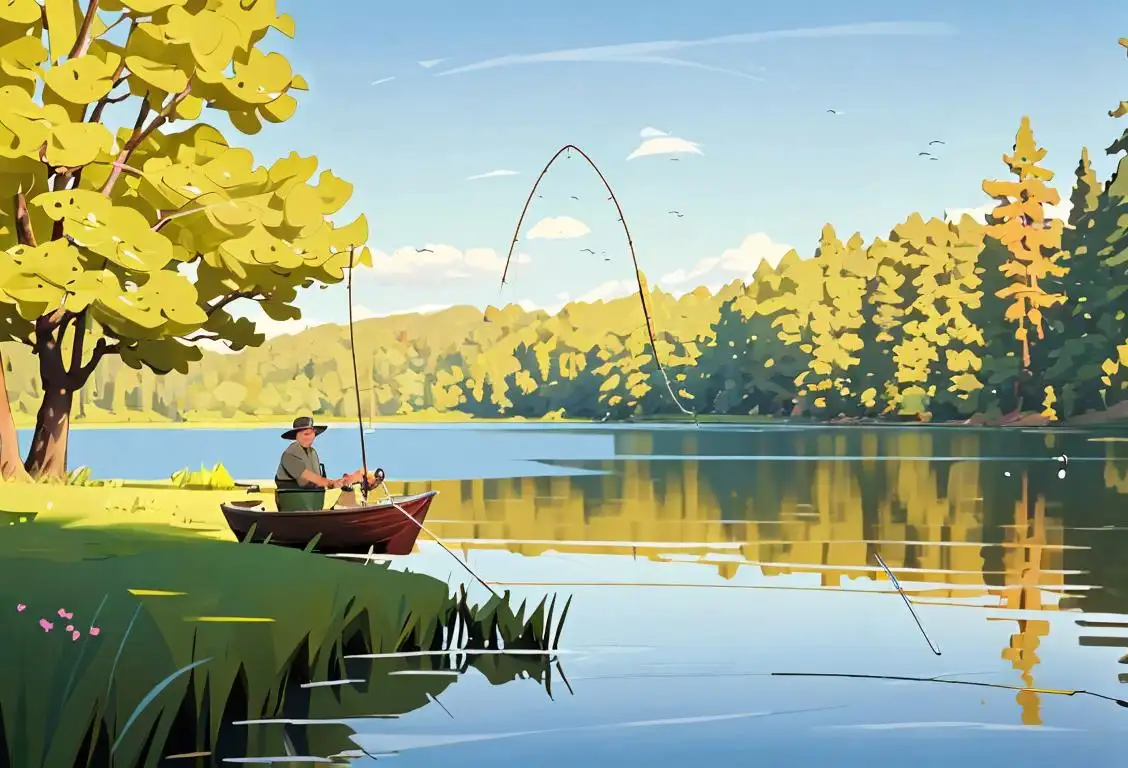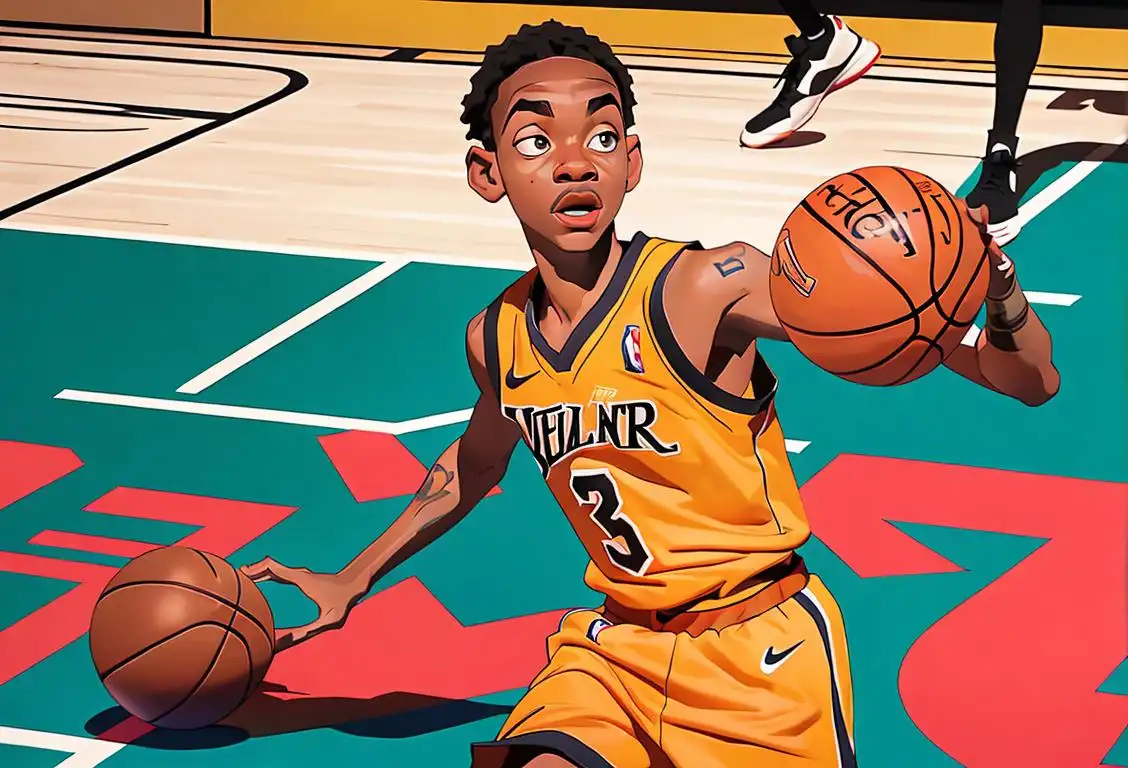National Trading Card Day
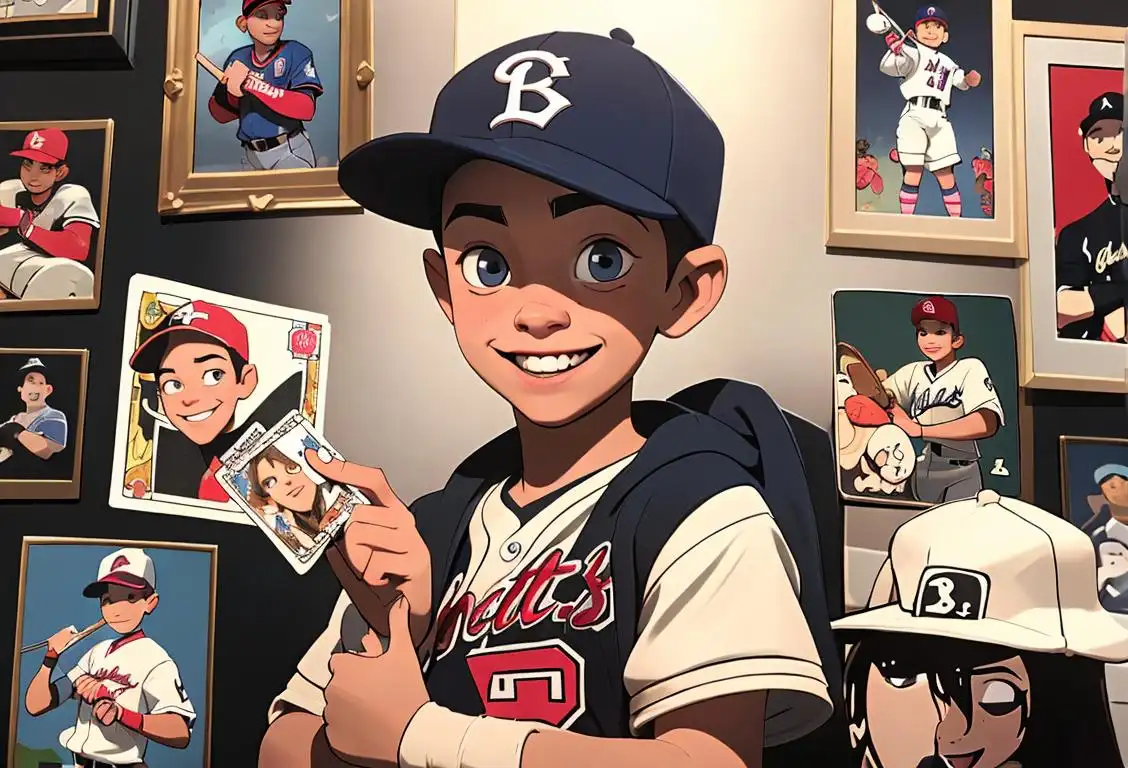
Welcome to the wonderful world of National Trading Card Day! Prepare to unleash your inner collector and dive into a world of cardboard treasures. Whether you're a sports enthusiast, a pop culture aficionado, or just someone who loves a good piece of card stock, this is the day for you. Get ready to swap, trade, and showcase your prized possessions as we delve into the fascinating history of National Trading Card Day!
When is Trading Card Day?
It's national trading card day on the 24th February.
A Brief History of Trading Cards
Trading cards have been captivating hearts and minds for over a century. The first commercial trading cards emerged in the late 1800s, primarily as a way to promote products like cigarettes and chewing gum. These early cards featured beautifully illustrated images of athletes, celebrities, and other popular figures of the time.
As time went on, trading cards expanded beyond advertising and started to flourish in various fields. Collectibles such as baseball cards, hockey cards, and even non-sports cards began to hit the market. These cards became prized possessions, cherished by avid collectors and fans alike.
The Rise of Digital Trading Cards
In the age of the internet, trading cards took a digital leap. Digital trading cards entered the scene, satisfying the craving of collectors who wanted to showcase and trade their favorite collectibles online. Online trading platforms emerged, providing a virtual space to buy, sell, and exchange digital cards across the globe.
These modern trading cards are not limited to sports stars or celebrities. You can find digital trading cards for almost any niche interest you can think of, from cute animals and fantasy characters to historical figures and iconic artworks.
Celebrating National Trading Card Day
On National Trading Card Day, fans and collectors from all walks of life come together to celebrate their passion for trading cards. It's a day to show off your carefully curated collection, engage in trades with fellow enthusiasts, and perhaps discover new cards to add to your ever-growing assortment.
Joining in on the fun is easy! Attend local trading card events, connect with online communities, or simply invite friends over for a card-swapping extravaganza. Remember, the thrill of trading cards lies not just in the cards themselves, but also in the camaraderie and nostalgia they evoke.
History behind the term 'Trading Card'
1876
Creation of cigarette cards
In 1876, cigarette companies began to include small cards in their packaging. These cards featured various images, such as famous actresses, athletes, and military figures. They were primarily used as a way to stiffen the packaging and prevent it from becoming crushed.
1887
Becoming collectible items
By 1887, the cards that came with cigarettes had gained popularity and were sought after by collectors. Many people started to see these cards as valuable collectible items, resulting in the birth of the trading card industry. The cards became known as trading cards due to their value and the practice of trading them with fellow collectors.
1900
Baseball cards rise to prominence
In the early 1900s, baseball cards became the most prominent form of trading cards. They featured the images of popular baseball players and became highly sought after by both children and adults alike. The inclusion of baseball cards in cigarette packs further boosted their popularity and solidified the trading card industry as a mainstream phenomenon.
1950s
Explosion of trading card themes
During the 1950s, the trading card industry experienced an explosion of different themes. Companies began creating trading cards featuring various subjects, including movie stars, comic book characters, sports figures, and even non-fictional topics such as space exploration and historical events. This diversification of themes continued to attract more collectors and fans.
1993
Introduction of Magic: The Gathering
In 1993, Richard Garfield introduced the game Magic: The Gathering. While not strictly traditional trading cards, this collectible card game (CCG) revolutionized the trading card industry. It combined trading cards with gameplay mechanics, allowing players to collect and trade cards for strategic gameplay. The success of Magic: The Gathering paved the way for the rise of other CCGs.
Digital era
Shift to digital trading cards
In recent years, there has been a significant shift towards digital trading cards. With the advent of the internet and mobile devices, trading card games and collections have transitioned to digital platforms. Digital trading cards offer convenience, accessibility, and new interactive features that enhance the trading card experience. Collectors can now trade, collect, and play with digital cards in virtual environments.
Did you know?
Did you know that the most expensive trading card ever sold was a 1952 Topps Mickey Mantle baseball card? It fetched a whopping $5.2 million in a private sale. Talk about a valuable piece of cardboard!Tagged
fun sports collectiblesFirst identified
19th April 2015Most mentioned on
24th February 2021Total mentions
209Other days
Baseball Card Day
Hockey Card Day
Trading Card Day
Hunting And Fishing Day
Memorial Day
Gymnastics Day
Fitness Day
Foundation Day
Jr Smith Day
Dance Day
